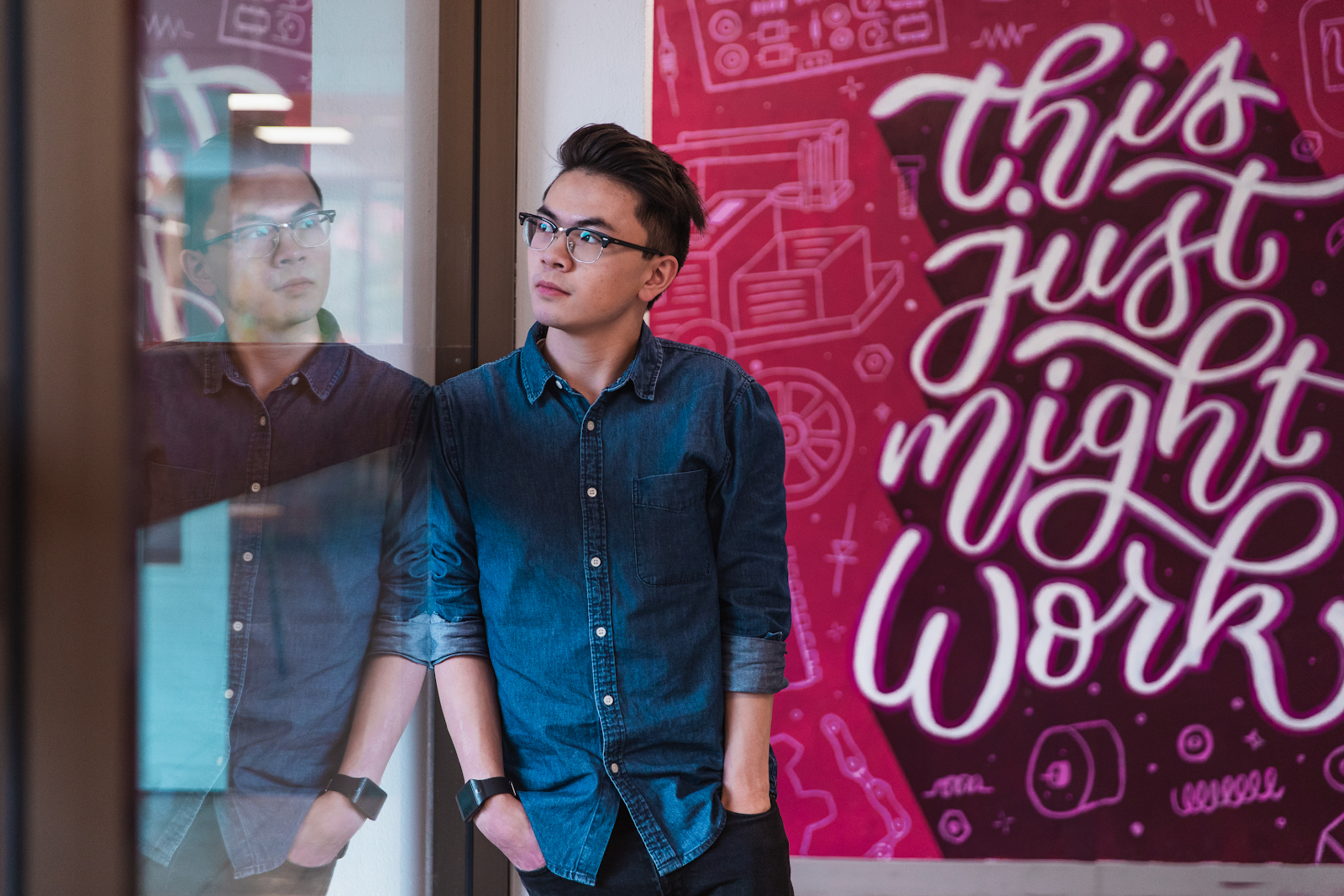

Ervin Wong is a digital storyteller and communications professional by trade. He is a graduating Honours Sociology student, particularly interested in the fields of race and sexuality and how they might interact with digital forces and phenomena. His sociological interests are heavily coloured by his experience and affinity for social justice and anti-oppression work, and he sees the knowledge he creates and fosters as instrumental to developing in such areas.
What was your project about? What are the main takeaways from your work?
My honours research focused on identity construction among Asian North American individuals through their interactions with the Facebook group subtle Asian traits (SAT), which centred on sharing experiences about hyphenated Asian identities in Eurocentric societies, often in meme formats.
Through my research, I saw how various individuals interacted and engaged with subtle Asian traits to construct a specific ethnic identity on both personal and collective levels. Whether or not these participants view SAT as a positive phenomenon or space, its existence reasserted their understanding of their own ethnic identities and how it compares with broader racial and diasporic dynamics.
My thesis is available to read on UBC cIRcle.
What inspired you? How did you get interested in this topic?
Finding a topic at first was difficult, but I knew I had an interest in digital media outside of research and academia. It was from that initial interest, coupled with the virality of subtle Asian traits during fall 2018 and winter 2019 that led me to look at the Facebook group from a sociological research lens.
After this research, I went further into exploring digital media as a site of research by co-facilitating a Student Directed Seminar centred around social media and its impacts on society.
What was the most difficult part of this learning journey? What was most satisfying?
The most challenging part of this learning journey was the independent nature of the project. As much as I had support from my peers, supervisor, and Honours Chair, the progression of my research and all its moving pieces ended with me and it tested my project management skills and flexibility to accomplish such a big project. The process is certainly full of difficulties, but it’s in those moments where I found the most learning, for myself and for the research I was doing.
The most satisfying or rewarding aspect of this process (besides having a finished thesis I could call my own!) was being able to interview and meet with my participants. Due to the online nature of what I was researching, I was able to reach a wide variety of participants and was able to hear many different viewpoints and see how the space and its interactions affect them each in nuanced ways.
What skills did you develop or strengthen as a result of this project?
I grew and developed in so many ways through this project, from strengthening technical skills such as project management, interviewing, and analysis, to more personal forms of growth in my perseverance, adaptability, and ethical storytelling.
What assistance did your supervisor provide to help you succeed with this project?
My supervisor, Dr. Amy Hanser, was an invaluable support system in guiding how to structure my project and showing me what independent academic research looks like. It was great to lean on her to calm my worries and anxieties around certain parts of the process where I felt unsure or nervous. I really felt that Amy advocated for me and supported me whenever I needed it, whether it was directly related to the research I was doing, or just in general in making sure I felt empowered to succeed.
What advice would you give to students who are interested in a similar project (e.g., directed studies, honours thesis, quantitative or qualitative research)?
Taking on research such as directed studies or an honours thesis is a big and challenging task that may feel isolating, but remember to lean on your support system! This project will help develop you in so many ways academically (and even professionally), and by asking for help and support when you need it, you’ll also find a network and community of people that are also rooting for your success.


